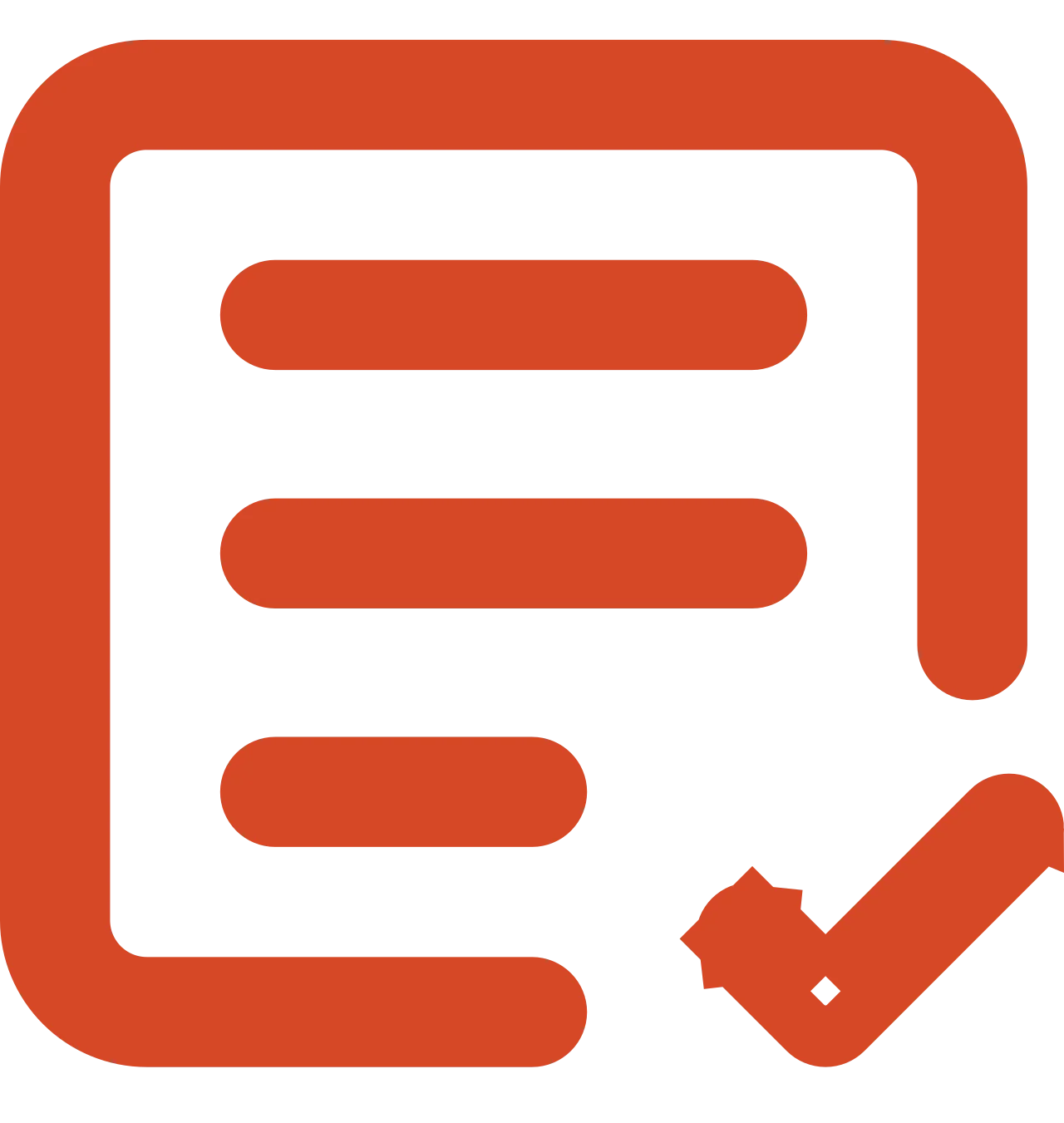Full Course
£110
£275Course Includes:
-
Online Study Mode
-
450 Hours
-
Study at your own Pace
-
Completion Certificate
Key Aspects of Course
-
Level 5 Diploma
-
Full Online Course
-
CPD Approved
-
Employer Approved
-
Fully Endorsed Course
-
450 Hours Training
-
No Entry Requirements
-
Boost Your Resume
-
Own Pace Study
-
Premium Course Material
-
Completion Certificate
£110
£275
Administrative Assistant Certification
The Administrative Assistant Certification at QLS Level 5 is an advanced professional programme designed to equip learners with high-level administrative, managerial, and organisational skills. This course provides in-depth training in office management, executive support, communication strategies, and leadership coordination. Learners will develop the confidence and competence to handle complex administrative operations, lead teams, and contribute to strategic decision-making within an organisation.
As one of the most comprehensive Administrative Assistant Courses available online, this programme is ideal for individuals aiming to progress into senior administrative or executive roles. Combining theory with practical learning, the Office Assistant Course explores advanced business communication, leadership support, project coordination, and office technology management. Graduates will gain the professional knowledge and recognised credentials needed to stand out in today’s competitive business world and achieve long-term career success.
- Advanced office management and coordination
- Strategic communication and business correspondence
- Meeting
- and project administration
- Office technology and information management
- Leadership and executive support techniques
- Performance management and staff supervision
- travel
- Business ethics and professional conduct
- Problem-solving and decision-making skills
this course
- Senior administrative professionals
- Office managers and supervisors
- Executive assistants and secretaries
- Personal assistants supporting top management
- Project coordinators and team leaders
- Business administrators seeking advancement
- Career changers entering senior admin roles
- Students pursuing professional office management careers
SYLLABUS
Module 1
Module 1
Introduction to the Modern PA/Secretary Role
Module 2
Module 2
Communication and Interpersonal Excellence
Module 3
Module 3
Time, Task, and Schedule Management
Module 4
Module 4
Digital Office Management & AI Tools
Module 5
Module 5
Records, Reports, and Data Handling
Module 6
Module 6
Meeting and Event Coordination
Expected Admin, Secretarial & PA market growth by the end of 2027
Increased in growth in different learning organizations
Average Salary
£24k - £44k per Annum
Hiring Companies
Certifications
Learner Stories
Frequently Asked Questions (FAQs)
Yes. All secretarial courses online offered by Oxford Home Study are delivered through a flexible digital platform, allowing you to learn from home or anywhere convenient.
No. Our courses have no deadlines, giving you full control over your study pace.
Yes. The price includes study materials, tutor support, and registration, with optional certificate upgrades available only if you choose them.
Absolutely. A dedicated tutor will be available to help you understand course topics and provide feedback on assignments.
Yes. Learners worldwide join Oxford Home Study programmes, as all materials and assessments are available entirely online.
Yes. Our secretarial courses start with core office skills, making them ideal for complete beginners or individuals returning to administrative work.
You only need a computer, laptop, tablet, or smartphone with Internet access. All study content is provided digitally.
Yes. Our structured modules and tutor support ensure that learners can understand office procedures, communication techniques, and organisational tasks effectively online.
Beginners may start with an entry-level programme, while those seeking advanced roles can choose higher-level secretarial courses online offered by Oxford Home Study.
Definitely. Completing one of our admin or secretarial courses can open doors to roles such as office assistant, PA, receptionist, administrative coordinator, and more.
Full Course
£110
£275Course Includes:
-
Online Study Mode
-
450 Hours
-
Study at your own Pace
-
Completion Certificate
Key Aspects of Course
-
 Full Online Course
Full Online Course -
 CPD Approved
CPD Approved -
 Employer Approved
Employer Approved -
 Fully Endorsed Course
Fully Endorsed Course -
 No Entry Requirements
No Entry Requirements -
 Boost Your Resume
Boost Your Resume -
 Own Pace Study
Own Pace Study -
 Premium Course Material
Premium Course Material -
 Completion Certificate
Completion Certificate
£110
£275






